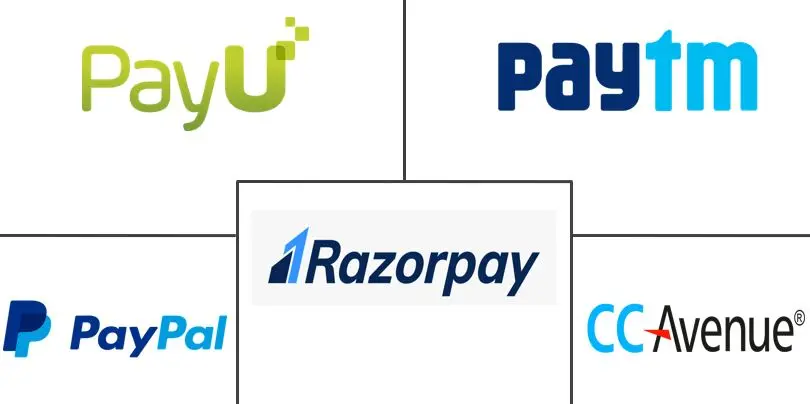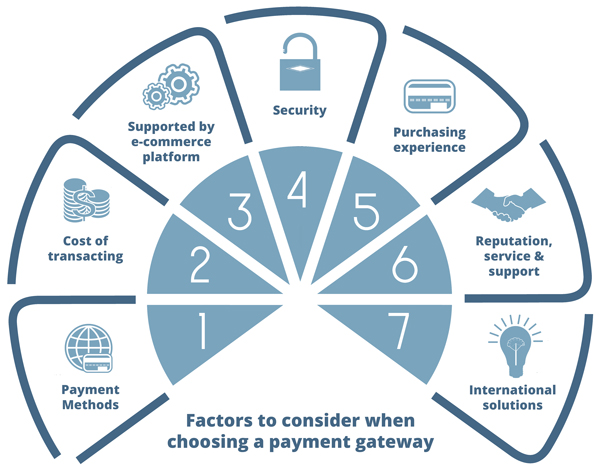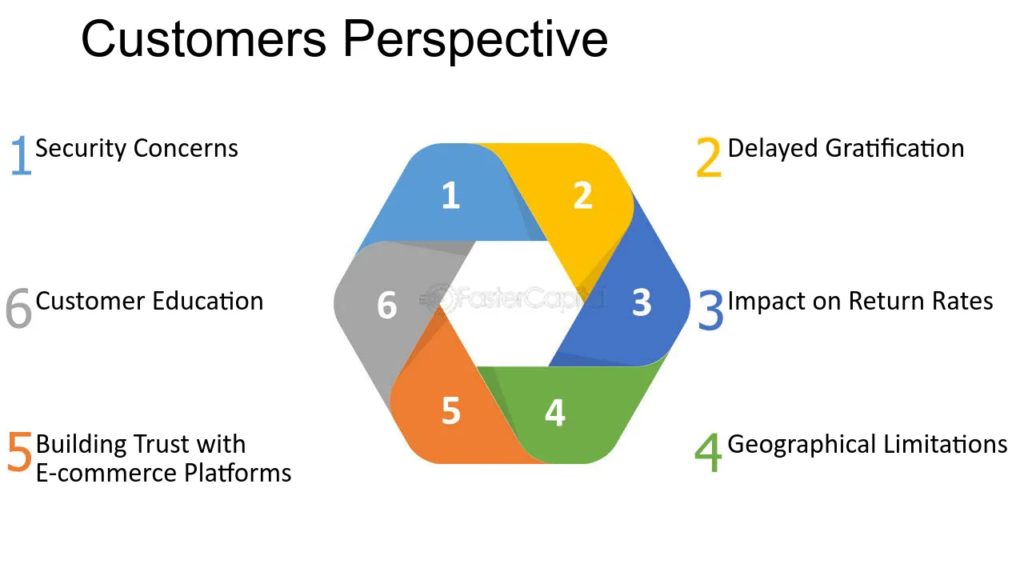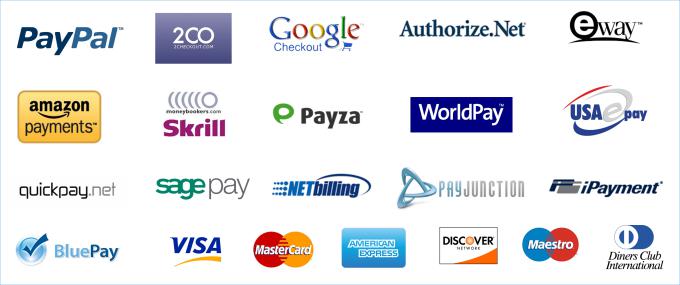AUTHOR : JAYOKI
DATE : 15/12/2023
Introduction
In the fast-paced world of digital commerce, the role of payment platform providers has become increasingly crucial.[1] These entities facilitate seamless financial transactions [2] between consumers[3] and businesses,[4] shaping the way we exchange goods and services online. Let’s delve into the evolution, key features, and impact of payment platform providers [5]on businesses and consumers alike.
Evolution of Payment Platforms
Early payment systems
In the not-so-distant past, cash and checks were the primary modes of payment. However, the limitations of these methods led to the development of electronic payment systems.
Rise of digital payment platforms
With the advent of the internet, digital payment platforms emerged, revolutionizing the way transactions occur. These platforms offered convenience, speed, and accessibility, paving the way for a cashless society.
Current landscape
Today, payment platform providers play a pivotal role in the global economy. From small businesses to multinational corporations, everyone relies on these platforms for secure and efficient transactions.
Security measures
One of the paramount concerns in digital transactions is security. Payment platforms employ robust encryption and authentication protocols, ensuring the safety of sensitive financial information.
User-friendly interfaces
The success of payment platforms is often attributed to their user-friendly interfaces. Intuitive design and smooth navigation enhance the overall user experience, making transactions hassle-free.
Integration capabilities
Payment platforms seamlessly integrate with various business systems, including e-commerce platforms and accounting software. This integration streamlines operations for businesses, reducing manual efforts.
Popular Payment Platform Providers

Several payment platforms dominate the market, each with its unique features and advantages.
PayPal
As a pioneer in online payments, PayPal remains a popular choice for businesses and individuals. Its wide acceptance and ease of use make it a go-to platform for many.
Stripe
Known for its developer-friendly approach, Stripe is favored by businesses for its customizable solutions and global reach.
Square
Square’s emphasis on simplicity and its point-of-sale solutions have made it a favorite among small businesses and entrepreneurs.
Benefits for Businesses
Enhanced customer experience
Payment platform providers contribute to a positive customer experience by offering swift, secure, and convenient payment options. This, in turn, fosters customer loyalty.
Streamlined transactions
Businesses benefit from the efficiency of payment platforms, reducing transaction times and minimizing the chances of errors.
Global reach
The ability to accept payments globally opens new avenues for businesses. Payment platforms facilitate cross-border transactions, enabling businesses to tap into international markets.
Challenges and Solutions
Security concerns
While digital transactions offer convenience, concerns about security persist. Payment platforms continuously invest in advanced security measures to thwart cyber threats and protect user data.
Transaction fees
Transaction fees can be a drawback for businesses, especially small enterprises. However, many payment platforms offer transparent fee structures, and businesses can choose providers that align with their budget.
Regulatory compliance
Adhering to ever-evolving regulations is a challenge for payment platforms. Staying updated and compliant is crucial, and successful providers invest in legal expertise to navigate this landscape.
Trends in Payment Platforms
Contactless payments
The rise of contactless payments has been accelerated by payment platforms, allowing users to make transactions with a simple tap. This trajectory is anticipated to persist in its evolutionary course.
Cryptocurrency integration
Some payment platforms now support cryptocurrency transactions, reflecting the growing acceptance of digital currencies in the mainstream.
Biometric authentication
Enhanced security measures, such as biometric authentication, are becoming more prevalent in payment platforms, adding an extra layer of protection.
Selecting the Right Payment Platform for Your Business
Choosing the right payment platform is a critical decision for businesses. Considerations include transaction volume, industry-specific needs, and scalability.
Impact of Payment Platforms on E-commerce

Facilitating online transactions
Payment platforms have played a pivotal role in the growth of e-commerce by providing secure and efficient payment options for online shoppers.
Improving conversion rates
The ease of transactions offered by payment platforms contributes to higher conversion rates for online businesses, as customers are more likely to complete their purchases.
User Experience and Interface Design
Importance in payment platforms
User experience and interface design are paramount in payment platforms. A seamless, intuitive design enhances user trust and encourages repeated use..
Future Innovations in Payment Platforms
Artificial intelligence integration
The integration of artificial intelligence into payment platforms is expected to enhance fraud detection, personalization,[1] and overall efficiency.
Blockchain technology
Blockchain[2] technology holds the potential to revolutionize payment platforms by providing unprecedented security and transparency in transactions.
Lessons learned
Understanding the challenges and triumphs of these companies provides valuable lessons for businesses [3]considering or already using payment platforms.
Consumer Perspectives on Payment Platforms

Survey results
Insights from consumer [4]surveys shed light on how users perceive payment platforms, including their expectations, concerns, and preferences.
Common concerns
Addressing common concerns, such as security, transparency, and ease of use, is crucial for payment [5]platforms to maintain trust among users.
Conclusion
In conclusion, payment platform providers have transformed the landscape of digital transactions, offering businesses and consumers a secure and efficient means of conducting financial transactions. The evolution, key features, and impact of these platforms underscore their significance in the modern economy.
FAQs
- What is a payment platform provider?
- A payment platform provider is a service that facilitates electronic transactions between businesses and consumers, offering secure and efficient payment solutions.
- How do payment platforms ensure security?
- Payment platforms employ advanced encryption and authentication measures to ensure the security of user data and financial transactions.
- Are there any hidden fees associated with payment platforms?
- While some payment platforms may have transaction fees, many are transparent about their fee structures. Businesses can choose platforms that align with their bud+get.
- Can small businesses benefit from payment platforms?
- Absolutely. Payment platforms offer small businesses the opportunity to streamline transactions, enhance customer experience, and expand their reach globally.
- What trends can we expect in the future of payment platforms?
- Future trends in payment platforms include the rise of contactless payments, increased cryptocurrency integration, and advancements in biometric authentication.





